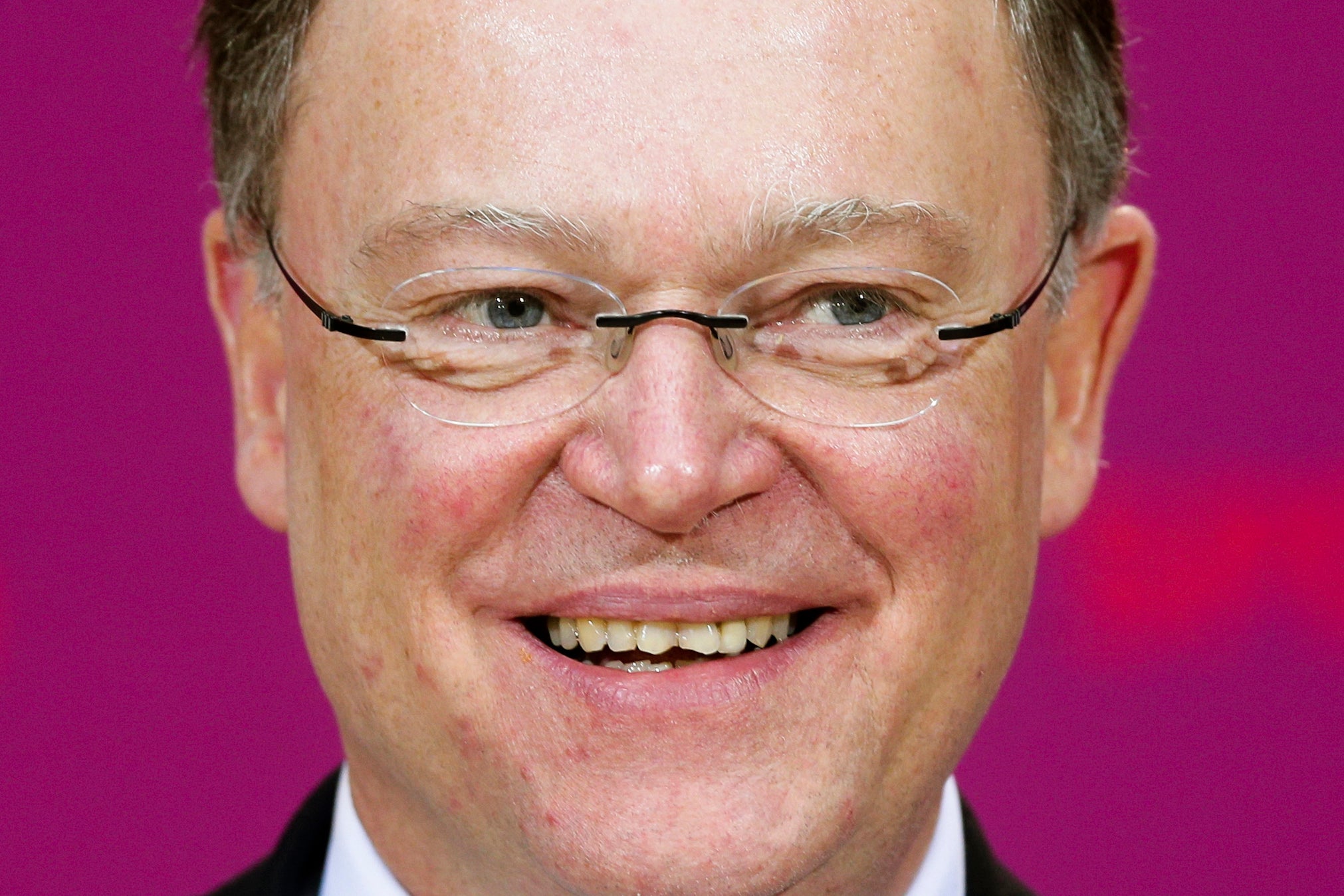Major German state holds election as difficult winter looms
A major German state is voting in an election that Chancellor Olaf Scholz’s center-left party hopes will bring some relief from poor recent nationwide poll showings as the country faces high inflation and worries about energy supplies this winter

Your support helps us to tell the story
From reproductive rights to climate change to Big Tech, The Independent is on the ground when the story is developing. Whether it's investigating the financials of Elon Musk's pro-Trump PAC or producing our latest documentary, 'The A Word', which shines a light on the American women fighting for reproductive rights, we know how important it is to parse out the facts from the messaging.
At such a critical moment in US history, we need reporters on the ground. Your donation allows us to keep sending journalists to speak to both sides of the story.
The Independent is trusted by Americans across the entire political spectrum. And unlike many other quality news outlets, we choose not to lock Americans out of our reporting and analysis with paywalls. We believe quality journalism should be available to everyone, paid for by those who can afford it.
Your support makes all the difference.A major German state is voting Sunday in an election that Chancellor Olaf Scholz's center-left party hopes will bring some relief from poor recent nationwide poll showings as the country faces high inflation and worries about energy supplies this winter.
Around 6.1 million voters are eligible to elect the state legislature in Lower Saxony, which occupies a large swath of northwestern Germany and has strong industry and agriculture. Recent polls there have shown Scholz's Social Democrats a few points ahead of the center-right Christian Democrats, the main opposition party at the national level.
The polls also point to gains both for the environmentalist Greens, the second-biggest party in Germany's national government, and for the far-right Alternative for Germany, amid worries about energy and high inflation.
In Lower Saxony, the Social Democrats and Christian Democrats have governed together for the past five years. Polls show voters preferring center-left governor Stephan Weil, who has led the state since 2013, over his center-right challenger and current deputy governor, Bernd Althusmann. The campaign has failed to generate much excitement.
Althusmann has sought to capitalize on bickering in Scholz's three-party national government over issues such as how much longer Germany should keep using nuclear energy and how to relieve pressure from high gas prices. He has pointed to a “chaotic course of hesitation, dithering and not deciding” in Berlin, warning against such a coalition in Lower Saxony.
Polls show the third party in Scholz's national government, the pro-business Free Democrats, right on the 5% support threshold needed to remain in the state legislature in Hannover. If the party fails to do so after disappointing showings in three other state elections this year, that could increase tensions in the national government.
Recent national surveys have shown the Social Democrats behind the Christian Democrats and sometimes the Greens, and the Free Democrats polling poorly.